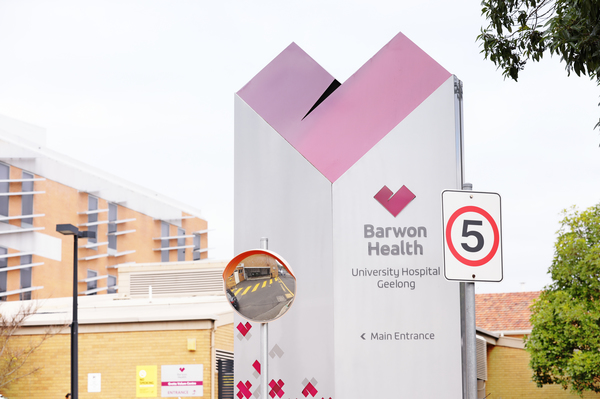Geelong residents were the “third-most stressed” in Victoria during the two years to October 2020, according to a nationwide health survey by a pharmaceutical chain.
Priceline’s Australia’s Health Report, based on data from 700,000 checks at its health stations across Australia between November 2018 and October 2020, found 11.4 per cent of Geelong respondents reported high stress levels.
This placed greater Geelong third out of Victoria’s local government areas, the company stated.
But the finding contrasts with the 2017 Victorian Population Health Survey.
“Based on this 2017 public health survey, [greater] Geelong is well below the top three for psychological distress,” Barwon Health Healthy Communities manager Mairead O’Sullivan said.
In the 2017 survey 14 local government areas had a higher percentage of respondents reporting high or very high levels of psychological distress than in greater Geelong.
Although greater Geelong still ranked higher, on 18 per cent, than the Victorian average of 15 per cent.
The 2018 Victorian Population Health Survey, which divided the data by region rather than local government area, showed the Barwon region had the fifth-highest percentage of high or very high psychological distress at 19.5.
The Victorian Department of Health is still compiling its 2019 and 2020 surveys.
Priceline’s survey reported that 17.5 per cent of Geelong respondents smoked, while 56.5 per cent recorded a high body mass index.
The 2017 public health survey also showed obesity and smoking rates in Geelong were slightly higher than the Victorian average.
Ms O’Sullivan encouraged locals to perform at least 30 minutes of physical activity each day and eat healthy.
“There are many ways to be physically active and we encourage people to find the activity that is right for them,” she said.
“Healthy eating has never been so important. Good nutrition helps to build a healthy body and mind, and improves your mood.”
She encouraged locals to practice self-care to reduce stress and get enough sleep.
“Develop good sleep habits that you can build into your daily routine, like avoiding caffeinated drinks too close to bed time and using the last hour before bed to relax your mind.”
She urged smokers to call Quitline on 13 78 48.










